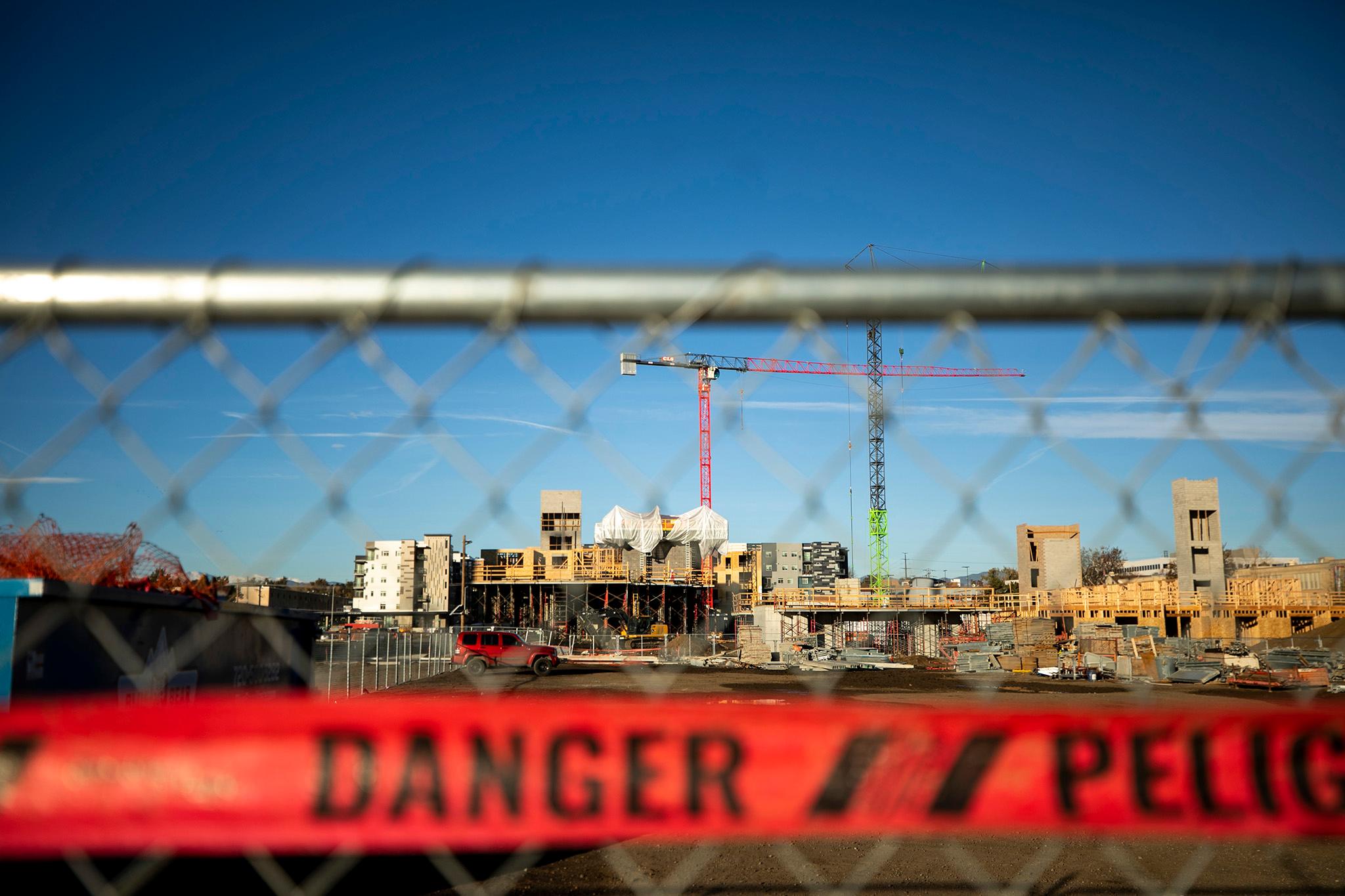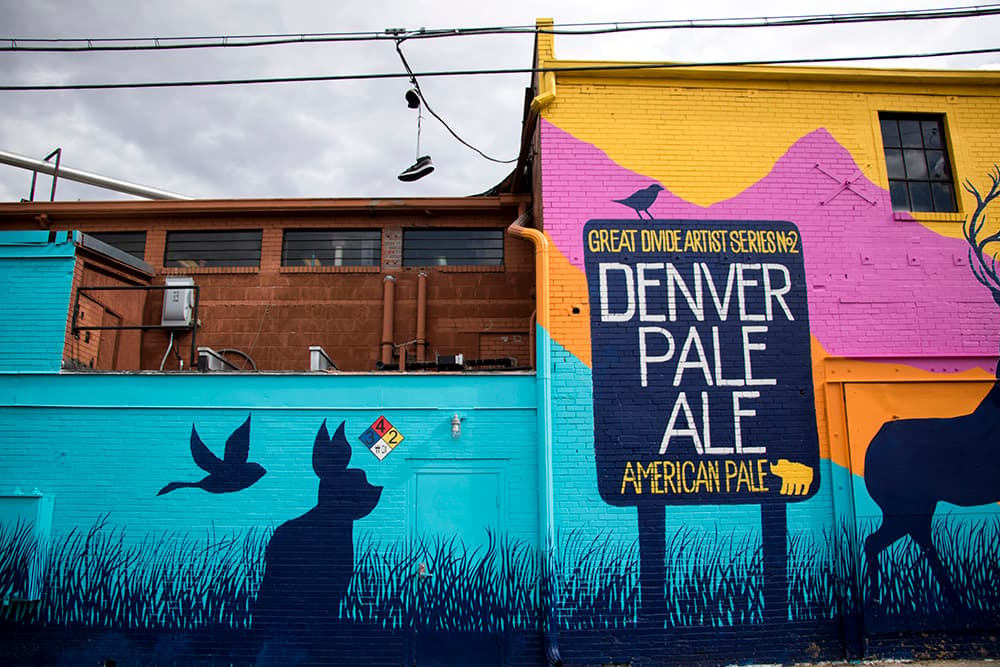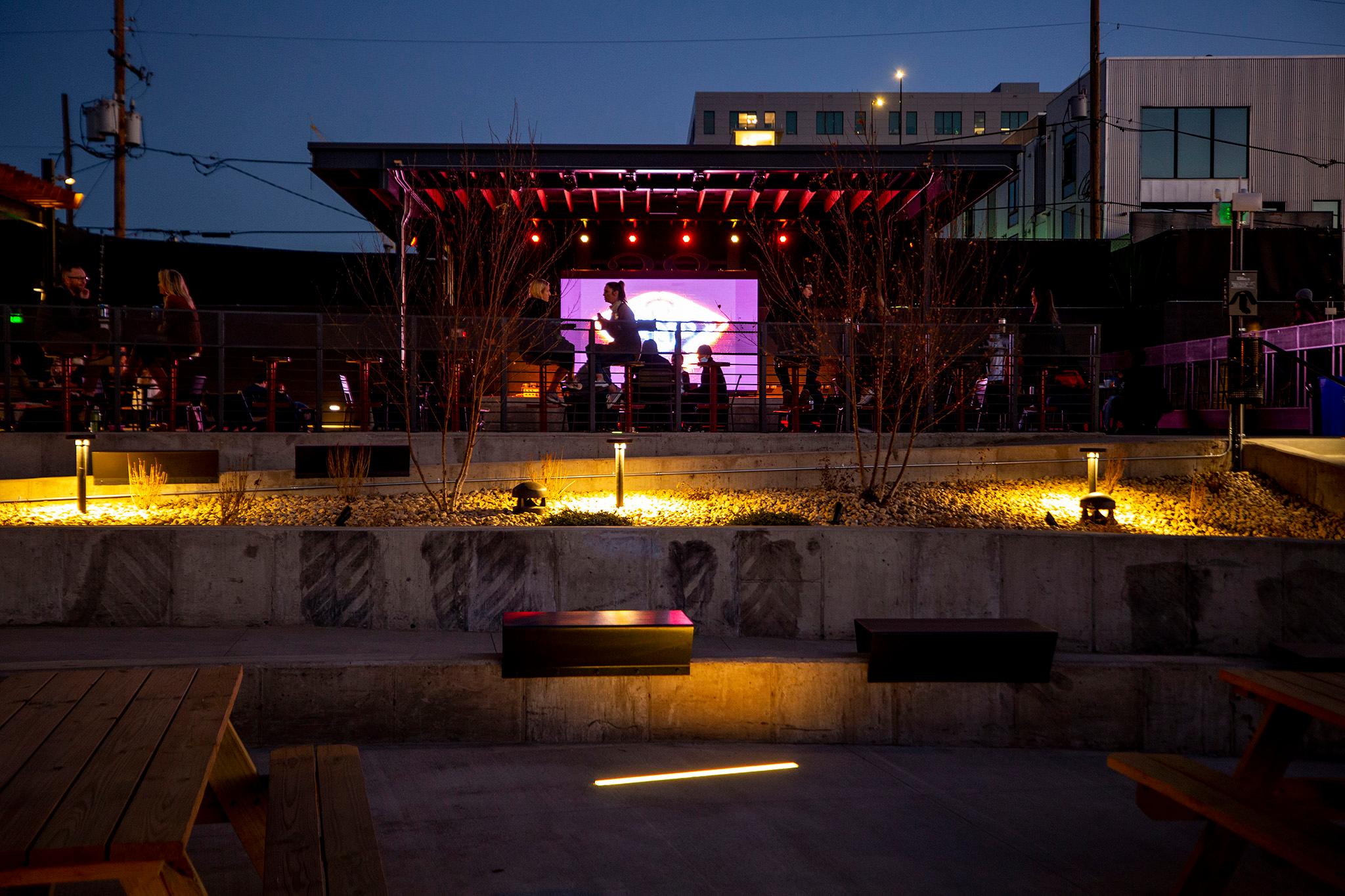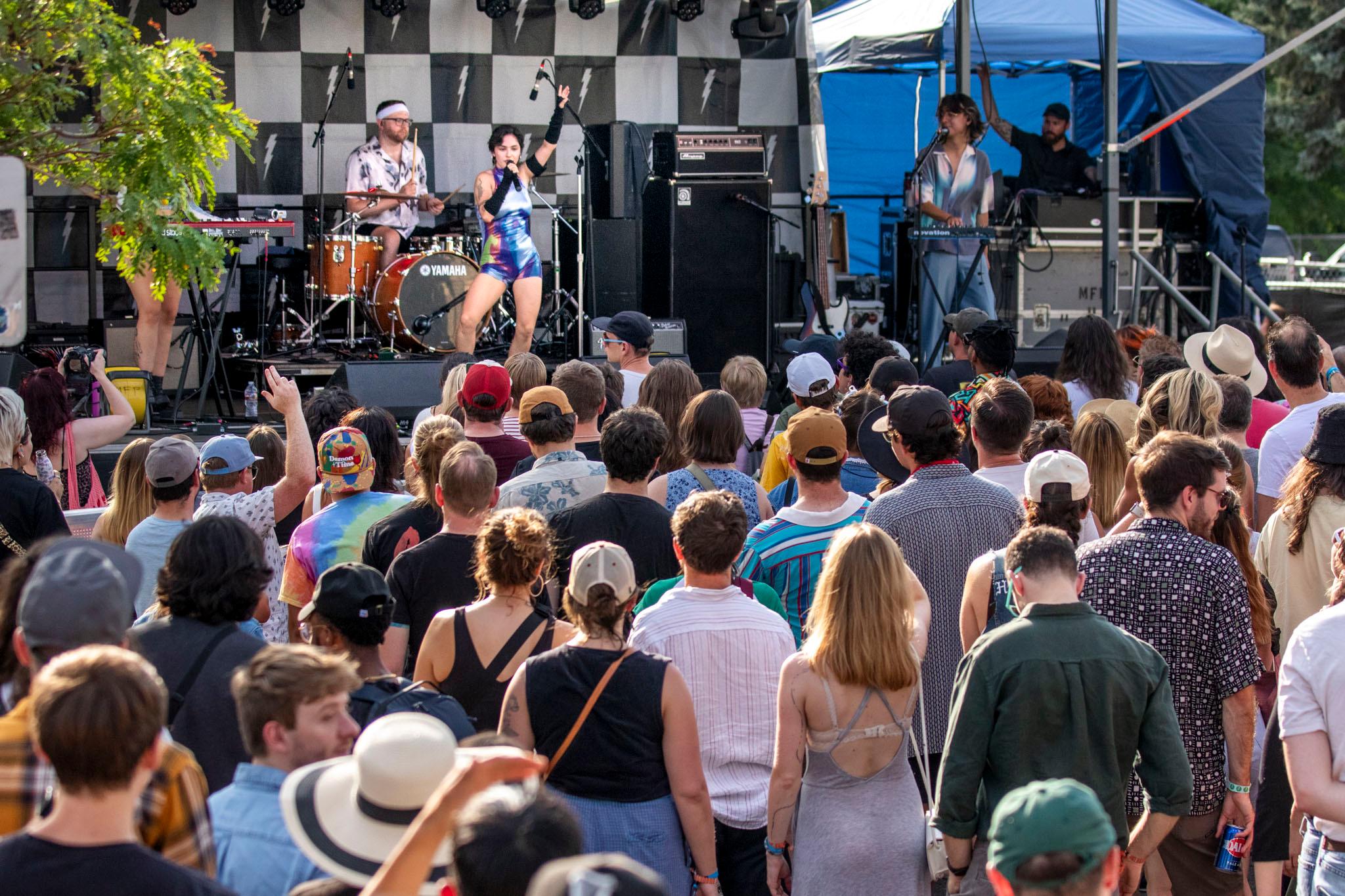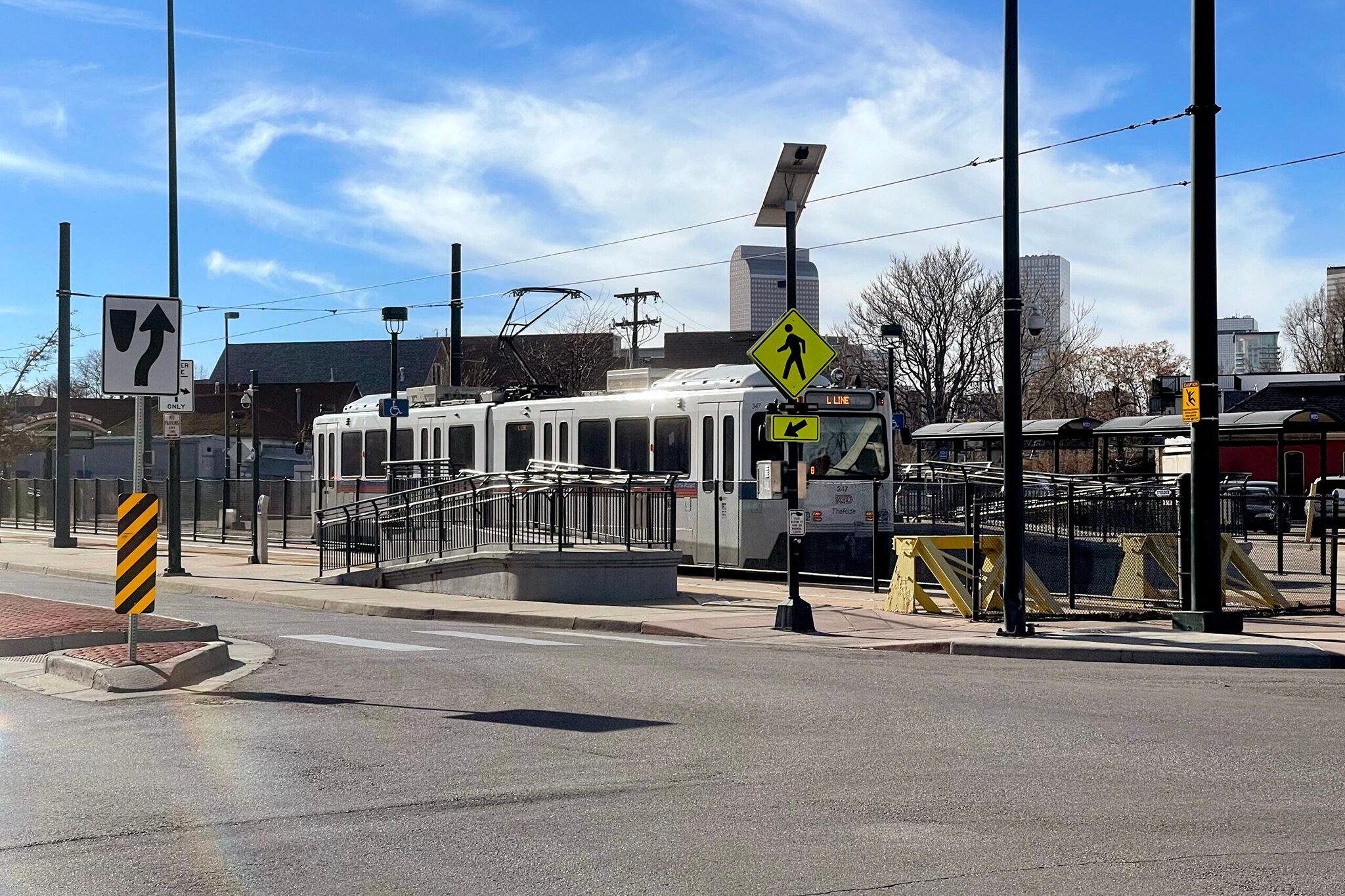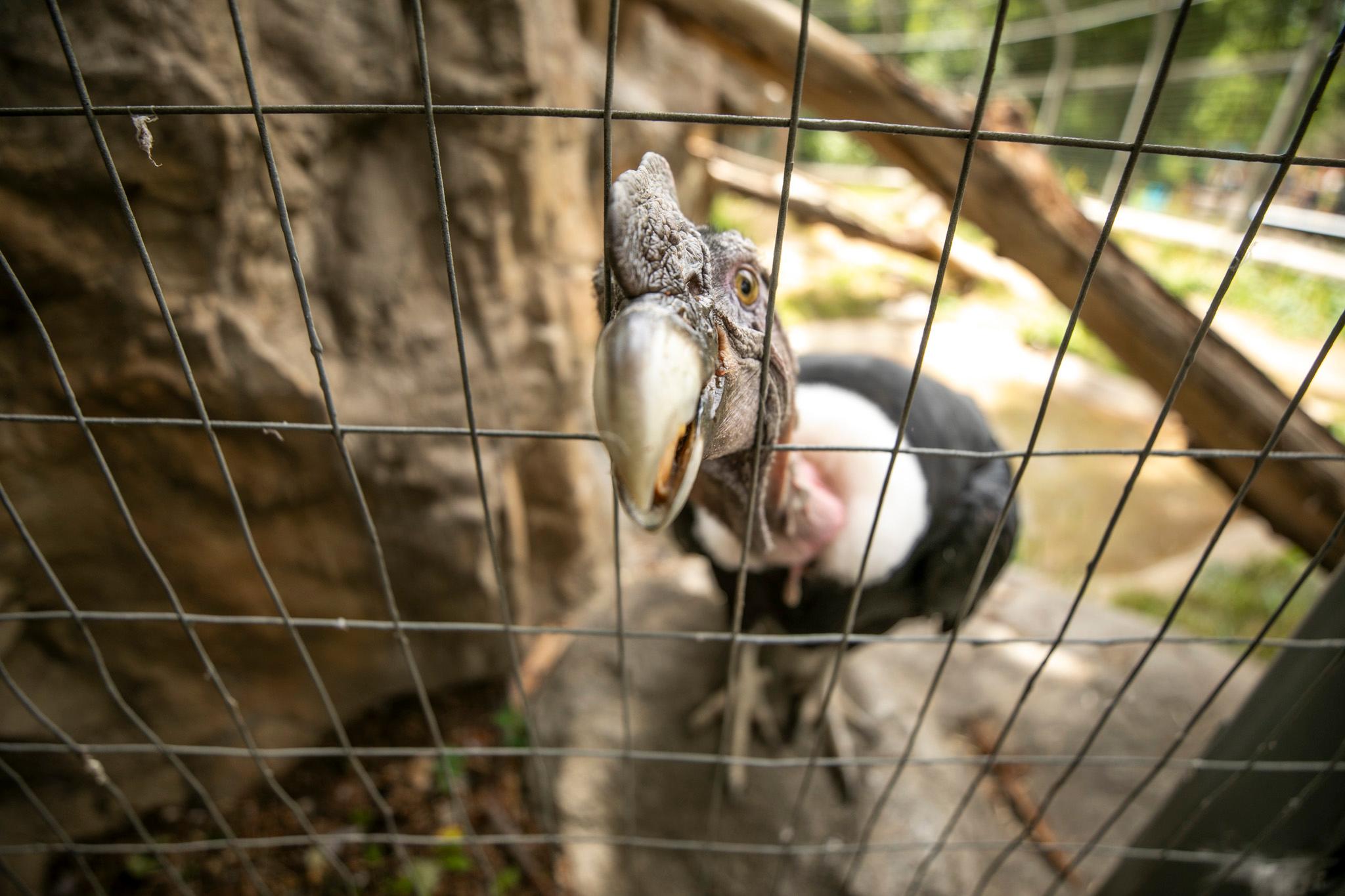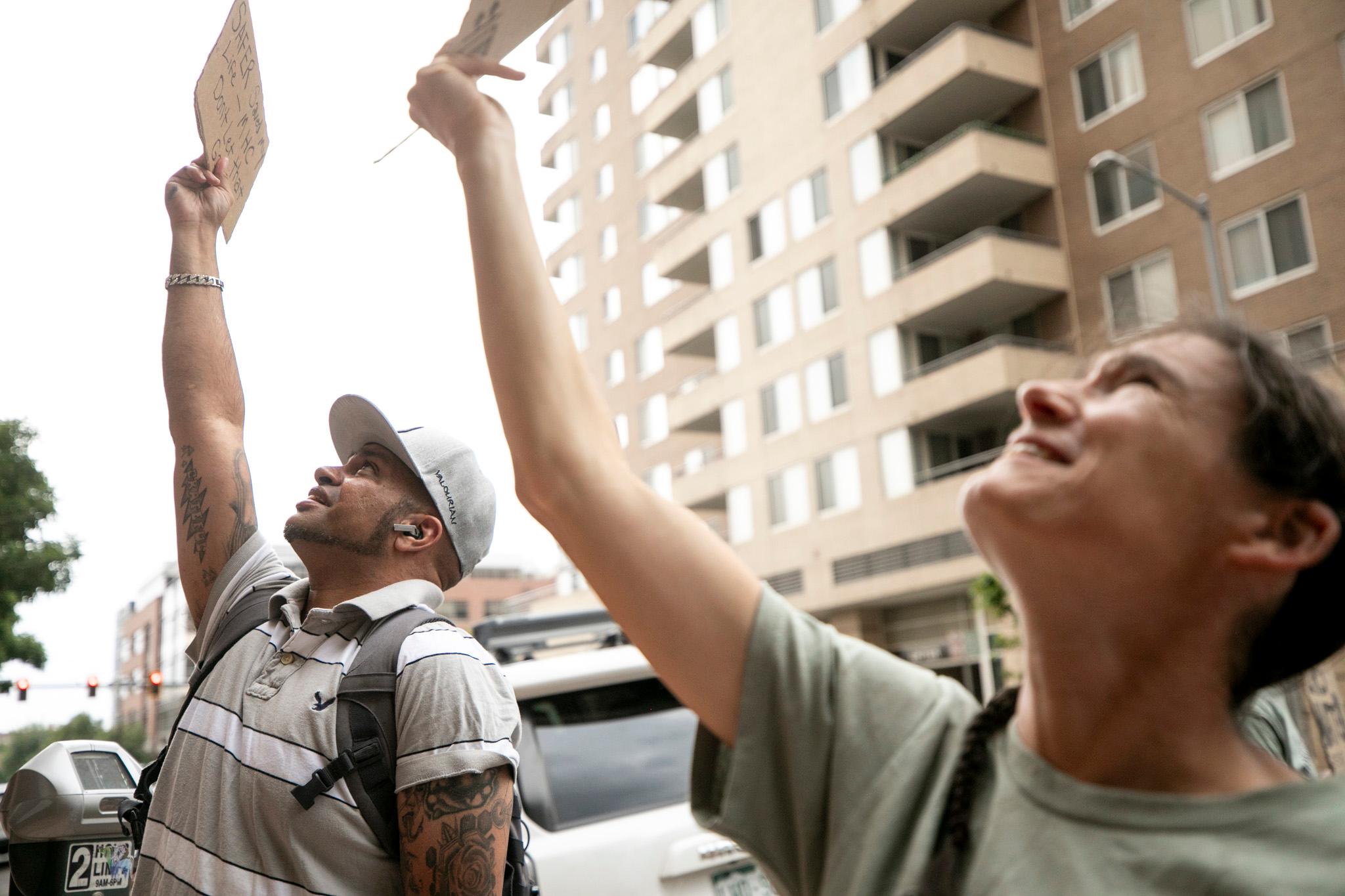Denver has rapidly grown in the past decade, but the city says its outdated noise rules are keeping a lid on many changes that could make it better — and louder.
Longer public festivals and earlier trash pick-up are two seemingly unrelated changes Denverites could see later this year, as the city plans changes to Denver noise laws.
The city’s growth has prompted city staffers to re-examine its noise rules, which were last amended in 2008.
“Think about where we have new residential spaces compared to 15 years ago, new commercial spaces, the proximity of those, all that development has created different factors associated with noise,” said Danica Lee, Director of Public Health Investigations with the Department of Public Health and Environment. “It is really time beyond time to take a look at the ordinance, open it up and propose some changes that will balance the needs of our community today.”
The proposed changes would redefine the city’s technical definition of “noise.”
Currently, Denver defines noise as “sound that is unwanted” or that “tends to cause adverse psychological or physiological effects.” The new definition proposed by the Department of Public Health and Environment would replace that definition with unwanted sound that exceeds specific pressure levels set by the Board of Public Health and Environment. Lee said that change is meant to help make enforcement easier.
What does this actually mean for Denverites?
For people living downtown, new noise rules would mean trash pickup could begin as early as 5 a.m. Currently, trash pickup is prohibited before 7 a.m. citywide. The proposed change is in part due to the city’s growth — more people means more trash. It’s also partially in response to a new trash program increasing recycling pickup and adding compost citywide, along with a voter-approved bill requiring recycling and composting pickup at large apartment and commercial buildings.
With more pickups required, city staff said the 7 a.m. start was causing pickup overlap with rush hour, potentially creating safety hazards with trash trucks and increased foot and car traffic on the streets.
Festivals on private property would also get more leeway, with decibel noise limits for festivals increasing from 80 dBA to 85 dBA. The current rules only allow for four festival days, while the new proposed rules would allow for eight days. Noise limits for festivals on public property would also go to 85 dBA.
“We're trying to balance the needs and wants of the community and also preserving peace and quiet,” said Nicol Caldwell, a manager with the Department of Public Health and Environment. “We heard from everyone that people want more festivals, they want more events, they want more music, they want a vibrant and engaging city, but at the same time they want peace and quiet sometimes. So we're attempting to balance both of those needs.”
Residents living near loud industrial or commercial properties could see more noise.
The city’s current rules require businesses to drop their noise levels when a residential property moves in next door. With so much new development in Denver, including in mixed-use areas where longtime businesses have operated, Caldwell said the existing rule has put a strain on businesses.
“Part of that is putting some onus and responsibility on the person who's moving in and understanding the area that they're moving into and what surrounding them,” she said.
The rules would also make it easier for residents to report violations and for city staff to investigate complaints.
The proposed ordinance would not change the hours for permitted construction projects, but it tweaks language to make it easier for the city to investigate complaints related to construction noise. Currently, staff have to go out to a site directly to observe unlawful construction work during prohibited hours, which range from 9 p.m. and 7 a.m. on weekdays and 5 p.m. and 8 a.m. on weekends.
With the proposed changes, residents can send video and audio evidence to the city, which can verify claims using time stamps.
When would the changes go into effect?
Any proposed changes to the city noise ordinance have to go before City Council, something staff say they plan to do in the next few months. City Council would have to pass the bill, which staff hopes will happen in the coming months.
Editor's note: This article was updated to clarify noise restrictions on festivals.

